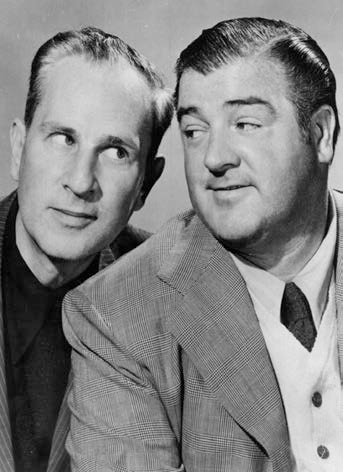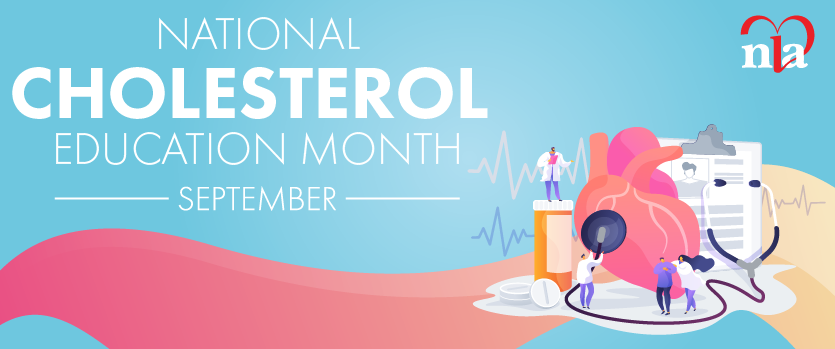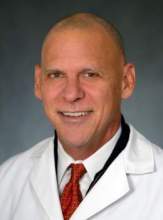Who am I? This is the essential existential question that everyone needs to ask at some point in life. At the National Lipid Association (NLA), this is a question that we will be asking ourselves over the next few years as our field redefines itself. Is it enough that we are Lipid Specialists or do we practice Preventive Cardiology or are we Cardiometabolic Health Specialists? This is a question that every member and the NLA leadership will work through, but decisions made today may change tomorrow as the field evolves.
"Should we be Lipid Specialists, Preventive Cardiologists or Cardiometabolic Health Specialists?"
As an example, we reviewed the important role of inflammation in the development of atherosclerosis in a recent issue of LipidSpin (sponsored by the Pacific Lipid Association [PLA]) and in the present issue, Dr. Pamela Morris and colleagues from the Southeast Lipid Association (SELA) are asking us to think outside of our "lipid-box" again by considering the multifactorial triggers and treatment targets for atherosclerotic cardiovascular disease (ASCVD). The authors have submitted pieces on the importance of proper blood pressure measurement, glycemic control, anti-platelet therapy, smoking cessation and the complexity of putting it all together in a typical 15-20 minute office visit.
No matter how empathetic, artful, and clever the clinician, there is no way to effectively communicate the complexity of care required for optimal ASCVD healthcare delivery in that time frame. Clinicians are thus challenged with providing the feedback to payors and consumers that effective care has to be delivered by a team, over time, and with appropriate education, accurate data collection, evidence-based treatment and careful monitoring for both efficacy and safety.
We read recently that statin-treated patients achieve lipid goals <50% of the time(1) and I cannot imagine that any readers were surprised by this "revelation." I typically teach trainees who work with me that in addition to all of the other "hats" we wear, clinicians are also "salespeople." This is not a transactional relationship, but an important fiduciary responsibility. Once we have identified a condition and established treatment options, we then have to educate our patients about the choices, help them weigh the benefits, risks, costs and expectations of each approach, and finally, offer guidance. There is no doubt that inadequate adherence to statins is due in large part to inadequate attention to the challenges of maintaining a strong clinicianpatient relationship, which is required a successful "sale" (long-term adherence).
However, as the pendulum seems to be swinging back towards highly specialized care required to keep up with advancing science and technology, our patients still require that primary advocate who can weigh the input and counsel them through the complexity of care. I suspect the LipidSpin readers expect to be that person for the complex cardiometabolic care our patients face. We are thus back to the original question: should we be Lipid Specialists, Preventive Cardiologists or Cardiometabolic Health Specialists?
 I am reminded of a job interview I had with my department chair about fifteen years ago. At the time, my resumé read Associate Clinical Professor of Medicine, and he pointed out to me that I was actually a Clinical Associate Professor of Medicine. It took me at least five minutes of a modified Internal Medicine version of an Abbott and Costello routine to realize he was saying something different and he acknowledged that only a pure academician like himsel would care about this distinction. I did correct my resumé to reflect the proper nomenclature, but I still don’t remember which one I am really.
I am reminded of a job interview I had with my department chair about fifteen years ago. At the time, my resumé read Associate Clinical Professor of Medicine, and he pointed out to me that I was actually a Clinical Associate Professor of Medicine. It took me at least five minutes of a modified Internal Medicine version of an Abbott and Costello routine to realize he was saying something different and he acknowledged that only a pure academician like himsel would care about this distinction. I did correct my resumé to reflect the proper nomenclature, but I still don’t remember which one I am really.
The distinction about whether we are Lipid Specialists or something else does matter, however. As the authors in this issue of LipidSpin remind us of the importance of excellent comprehensive metabolic care, first and foremost, we are clinicians. That means taking the best care of our patients at all times. That means keeping up to date with care that is relevant to our patients’ needs outside of pure lipid and lipoprotein metabolism, and providing them with the best advice. It also means juggling the time constraints, working well with our colleagues, with other team members, sharing the burden of responsibility for education, treatment and monitoring, and not overwhelming our patients with polypharmacy, expensive therapies and side effects. And finally, it also means advocacy for non-pharmacologic interventions, and a renewed focus on the critical clinician-patient relationship and successful outcomes, concepts that were stressed in the 2018 Multisociety Cholesterol Guidelines.(2)
If anyone asks you what you do, I think you can answer that you are a healer, an educator, a researcher, an advocate, a detective. You have to consider the health of the community, but your primary role is to the best outcome for your patient. Take time to think about the best ways to do all of that, and as Dr. Morris likes to say – “see the whole elephant.” Once you have done that, you can then refocus your Lipid Specialist expertise.
Disclosure statement: Dr. Soffer has served as Consultant for Amgen Inc, Akcea Therapeutics, Medicure, Regeneron, and has been a disease management Speaker on disease states (FCS and FH respectively) for Amgen Inc and Sanofi.





.jpg)
.png)











